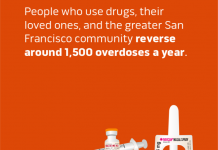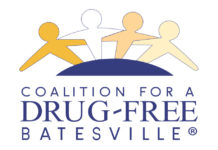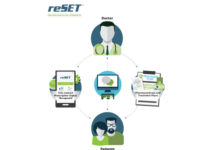Drug abuse among pregnant women surfaced as a public health problem in the U.S. in the 80s, and legislators have been discussing contrasting views on the topic ever since. Different states have established different ways of approaching mothers who use toxic substances.
Prenatal drug use is considered child abuse in 23 states – but in Minnesota, South Dakota and Wisconsin, it can result in forced admission to inpatient treatment programs or civil commitments, which consequently terminates parental rights.
There are 16 states that use federal funds to give pregnant women prioritized access to drug treatment programs and 19 states that created rehab programs specifically for pregnant women struggling with addiction. Wisconsin is the only state that grants pregnant women prioritized access to both private and public drug rehab programs.
Another 23 states require treatment providers to report suspicions of prenatal drug use. Seven states — Rhode Island, North Dakota, Minnesota, Louisiana, Kentucky, Iowa, and Indiana — require the provider to test a pregnant woman if they suspect she has used drugs.
Indiana is the only state that prohibits physicians from releasing drug test results of a pregnant woman without her authorization, and in Missouri, new mothers who were previously convicted are considered to be unfit caretakers if they test positive for drugs within eight hours of giving birth.
Fetal assault law
In 2014, Tennessee became the first (and only) state to pass a law that criminalized drug use during pregnancy, after a district court judge added an additional six years to the prison sentence of a woman who had been involved in a methamphetamine manufacturing operation while pregnant.
The judge justified the enhanced sentence by citing “substantial risk of harm to a minor.” Subsequently, U.S. Attorney William Killian stated that the court case would be used as a guide for future sentencing. But last March a committee of legislators voted to defeat Tennessee’s fetal assault law, and by July, it had been officially repealed.
Mary Linden Salter, the executive director of the Tennessee Association of Alcohol, Drug & other Addiction Services (TAADAS) drafted a document in 2015 that helped policymakers and the public understand the issues surrounding criminalization of drug use during pregnancy.
“Addiction is a brain disease,” she said. “It’s categorized that way, but the actual concept as to why addiction is a brain disease helps people understand why treatment is needed. It’s not just learning to say no, there’s more to it. I don’t think anyone, legislators included, is able to conceptualize that without some rudimentary understanding of how drugs like opiates attach themselves into neuroreceptors and take over.”
Salter explained that her organization does not endorse criminal penalties for pregnant drug-using women, and that data has shown that criminal sanctions tend to drive women away from critical medical care.
“The [fetal assault] law kept a lot of women who were addicted from going to their physicians,” said Lori McCarter, president of the Tennessee Association of Alcoholism & Drug Abuse Counselors (TAADAC). “I worked with a lot of women who experienced the fear of being arrested.”
Still feeling the repercussions
Assistant Commissioner of the Tennessee Department of Mental Health and Substance Abuse Services Rodney Bragg said that although many women… (continue reading)

















